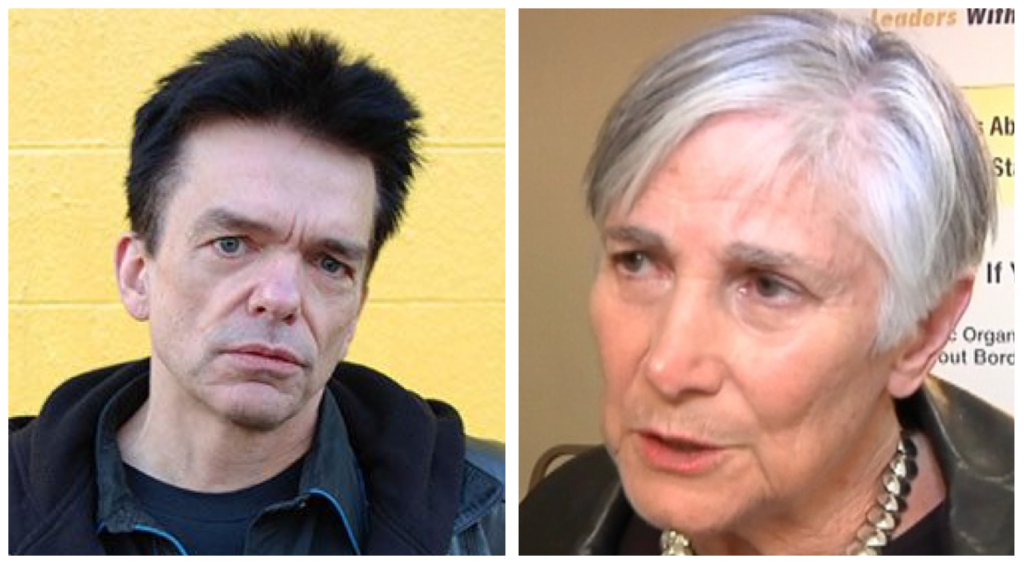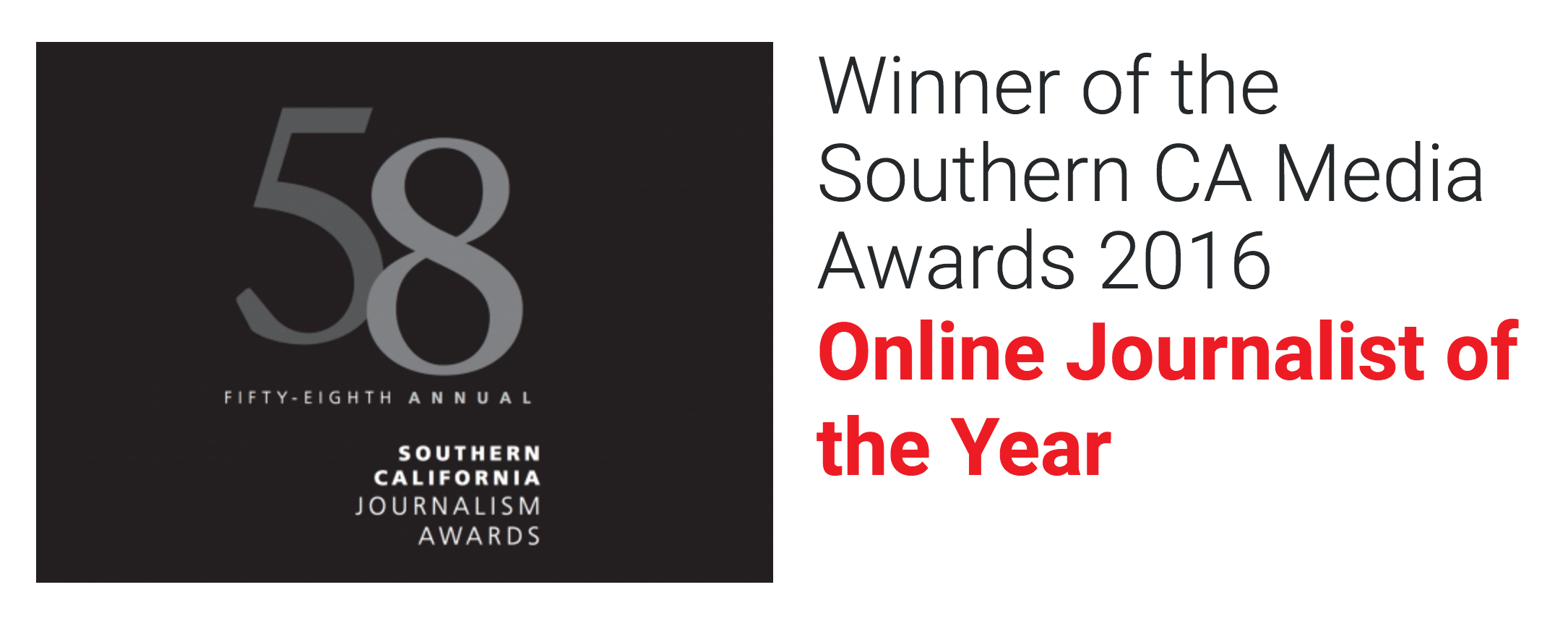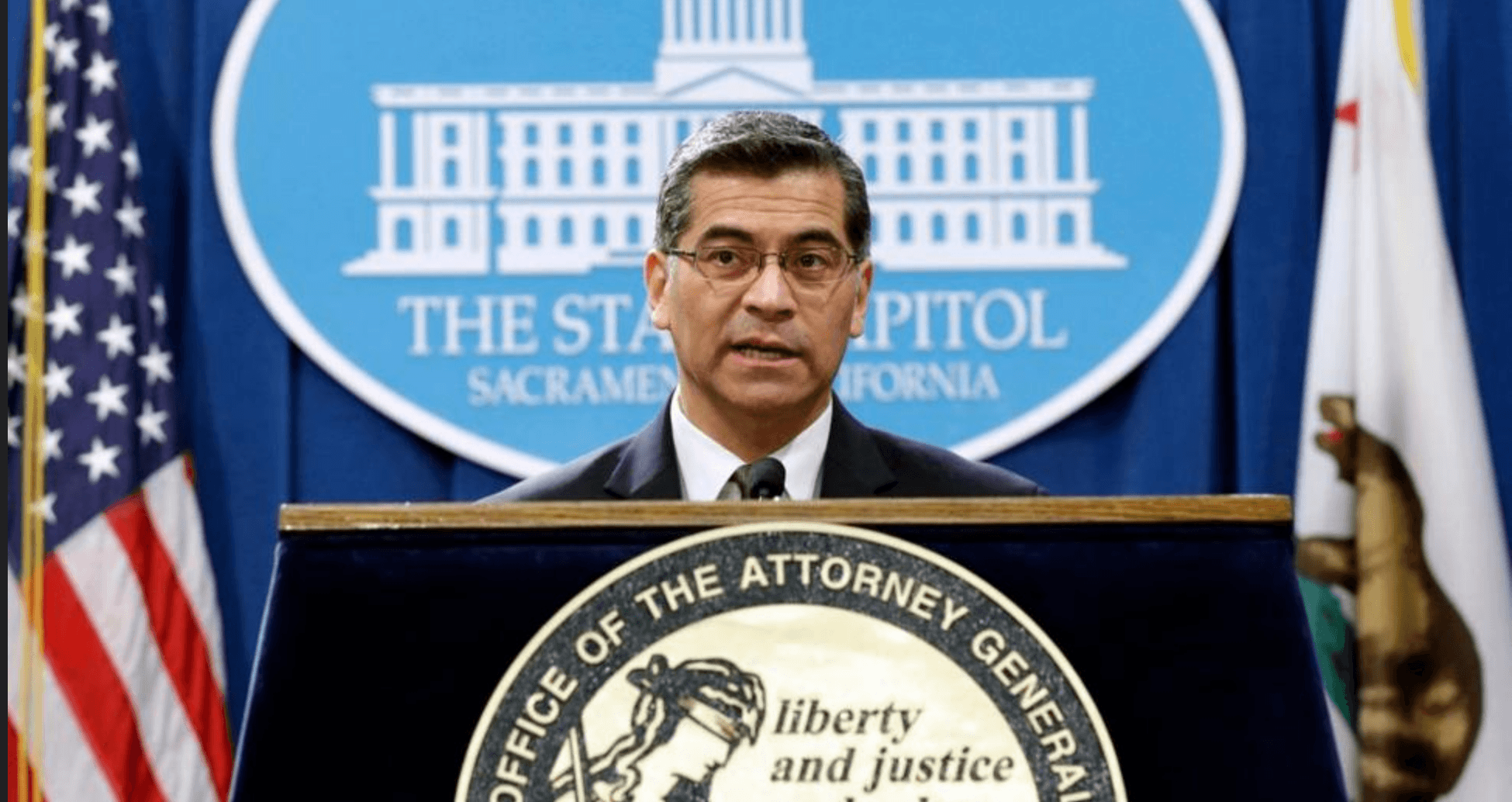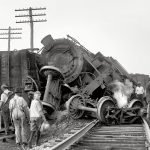“What the privatizers are doing is they keep selling the same snake oil, school choice, as the answer to the problem. School choice doesn’t answer any problem. The biggest correlation in education is between poverty and test scores. If you think the test scores are too low, go to the root causes.”
That’s what Diane Ravitch had to say to freelance journalist Bill Raden in an interview published last week by Capital & Main, which describes itself as “an award-winning online publication that reports from California on the most pressing economic, environmental and social issues of our time.”

If you’re familiar with Capital & Main, you know Ravitch’s sentiments are pretty much par-for-the-course when it comes to their education coverage. In addition to softball interviews with folks like Ravitch and American Federation of Teachers (AFT) president Randi Weingarten, they’ve published unflattering profiles of reform advocates such as Los Angeles school board member Nick Melvoin, Netflix founder Reed Hastings, and Gap co-founder Doris Fisher. Charter schools are also a favorite target for abuse in the pages of Capital & Main, whether they’re comparing them to fast-food franchises or portraying them as profit-seeking corporate enterprises.
But even if the name Capital & Main doesn’t ring a bell, it’s quite possible you’ve encountered their work without even realizing it. Over the past few years, they’ve co-published dozens of articles with mainstream news organizations, including The Atlantic, The Guardian, Newsweek, Time, Slate, Pacific Standard, Fast Company, and the International Business Times. Their pieces have also appeared on less reputable news sites, such as The Nation, The American Prospect, Salon, Huffington Post, and AlterNet, among others.
With their heightened profile has come praise from the journalism community. In August, Capital & Main won three Los Angeles Press Club awards for pieces it reported in collaboration with the Economic Hardship Reporting Project. Plus, in 2016, the L.A. Press Club named Bill Raden its “Online Journalist of Year” for his work in Capital & Main, including “Schooled for Failure: California’s K-12 Crisis,” an article co-published with Pacific Standard, which asks, “What if it turned out that education reform, with its teacher-blaming assumptions, got it all wrong in the first place?”

A front for organized labor
The accolades Capital & Main has received from journalists and the legitimacy conferred to them by mainstream media outlets is not only surprising, but also disturbing in our age of “fake news.” I say this because although they pose as a non-profit news organization, they’re essentially a front for organized labor – including the teachers unions – and as such, work to further the unions’ agenda.
Capital & Main was originally launched by the Los Angeles Alliance for a New Economy (LAANE), back in 2013 (LAANE actually owned Capital & Main’s web domain until at least May of this year, when it was renewed anonymously). Of LAANE’s 16 board members, seven are officials from unions affiliated with the AFL-CIO, two work for organizations (UCLA Labor Center and California Calls) that have received funding from AFT, and one is an organizer with the California Teachers Association.
Meet Danny Feingold, Founder of LAANE’s http://t.co/DhSaJabhbW and the Man Behind the Curtain @ #cityofjustice. http://t.co/aGVCowGgYL
— LAANE (@LAANE) November 12, 2014
In November 2015, Capital & Main registered as its own 501(c)(3) organization, but the spinoff from LAANE appears to be largely cosmetic, as the two organizations still share the same office in the Westlake section of Los Angeles (along with another union-affiliated group, Clergy and Laity United for Economic Justice). Plus, Capital & Main’s publisher, Danny Feingold, previously worked as LAANE’s communications director and another long-time LAANE employee serves on its board of directors.
The unions have also retained their influence over Capital & Main in the wake of the split. Its board includes officials from the California School Employees Association, SEIU California State Council, United Nurses Association of California, and California Teachers Association. They’re joined by Harold Meyerson, the executive editor of The American Prospect, which has received $310,000 from AFT and the National Education Association (NEA) over the past four years.1 In addition, Capital & Main has received substantial funding from various labor organizations since it was founded by LAANE, including $110,000 from the California Federation of Teachers.

Although legitimate news organizations would take pains to acknowledge these potential conflicts-of-interest, you won’t find disclosures about Capital & Main’s ties to organized labor appended to their reports on education or other relevant topics. The same goes for those articles co-published by other media outlets.
Are LAANE and Capital & Main breaking the law?
When unions report their expenditures on their annual reports to the U.S. Department of Labor, they have to classify them into one of five categories: Contributions, Gifts and Grants; General Overhead; Political Activities; Representational Activities; and Union Administration.
Each of these categories are clearly defined by the Department of Labor. For example, the agency defines “Political Activities” expenditures this way:
“A political disbursement or contribution is one that is intended to influence the selection, nomination, election, or appointment of anyone to a Federal, state, or local executive, legislative or judicial public office, or office in a political organization, or the election of Presidential or Vice Presidential electors, and support for or opposition to ballot referenda. It does not matter whether the attempt succeeds.”
Why does this matter? Because many of the contributions given by the unions to LAANE and Capital & Main – such as those from the California Federation of Teachers – are reported as “Political Activities” expenditures. However, LAANE and Capital & Main are 501(c)(3) organizations and are therefore prohibited by both federal law and California law from engaging in political activities.
In fact, earlier this spring, California Attorney General Xavier Becerra announced that he intends to crackdown on tax-exempt organizations that are engaging in politics.
“When you come up with these benevolent names for your organizations and what you’re really doing is out there doing politics and political backstabbing, I don’t think most Americans expected that that would be the use of the not-for-profit legal status,” Becerra said at a May press conference. “The last thing I think most people want to find out is that all these groups that are getting tax breaks because they are not-for-profit are actually going out there and influencing our political system.”

Whether or not their activities on behalf of the unions rise to a level that would put their non-profit status at risk is unclear, but the fact that Capital & Main has accepted money from labor organizations that is explicitly intended to further political aims shreds any claim they have as a legitimate journalistic enterprise. It also calls into question the due diligence of those mainstream news outlets that have published Capital & Main’s work, presenting it to readers as objective journalism rather than political advocacy.
Perhaps this is something we should keep in mind the next time one side of the education reform debate accuses the other of selling snake oil.
- A few more interesting facts about The American Prospect: They’re housed in the offices of the Economic Policy Institute, a left-leaning D.C.-based think tank established in 1986 with the support of eight AFL-CIO unions. Robert Kuttner, co-founder of The American Prospect, serves on EPI’s board, along with AFT president Randi Weingarten and NEA president Lily Eskelsen García. AFT and NEA have also contributed more than $2.3 million to EPI since 2013. ↩


really impressive — thanks again.
Can you show me the stories that have run in The Atlantic, Slate, Fast Company, Pacific Standard (presumably without any disclosure)?